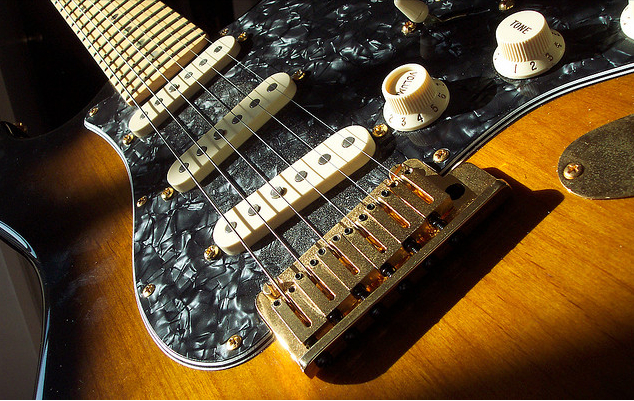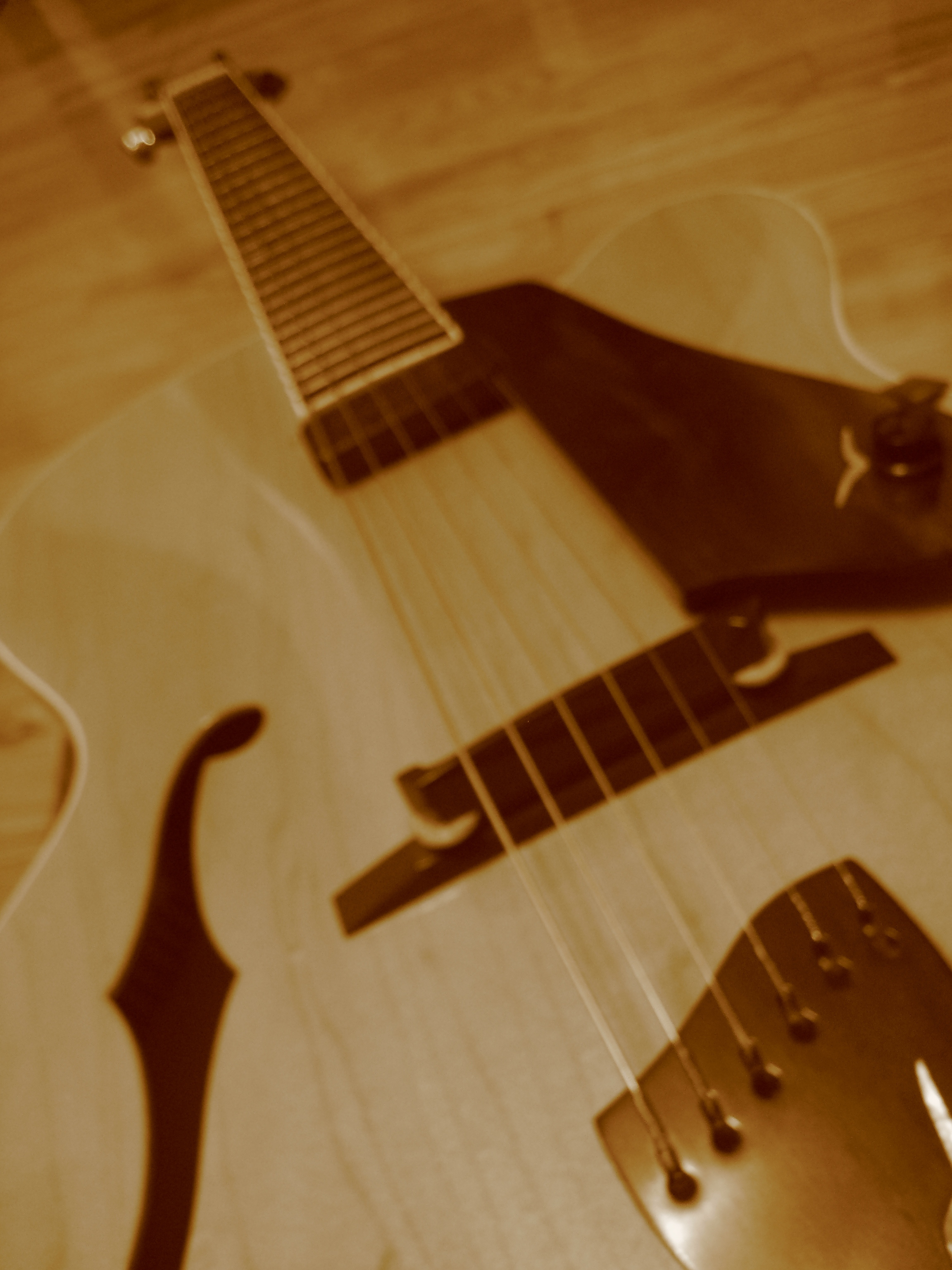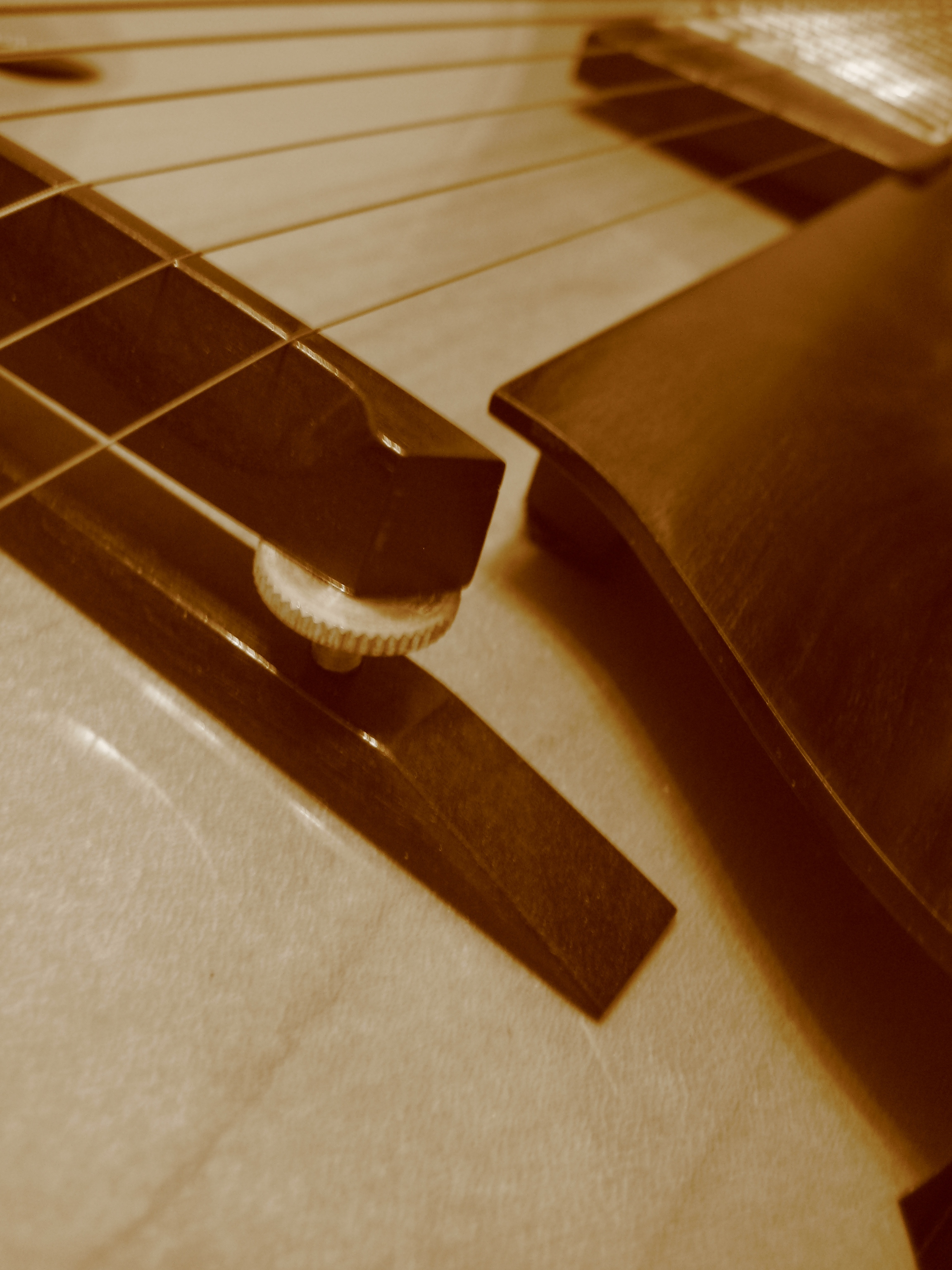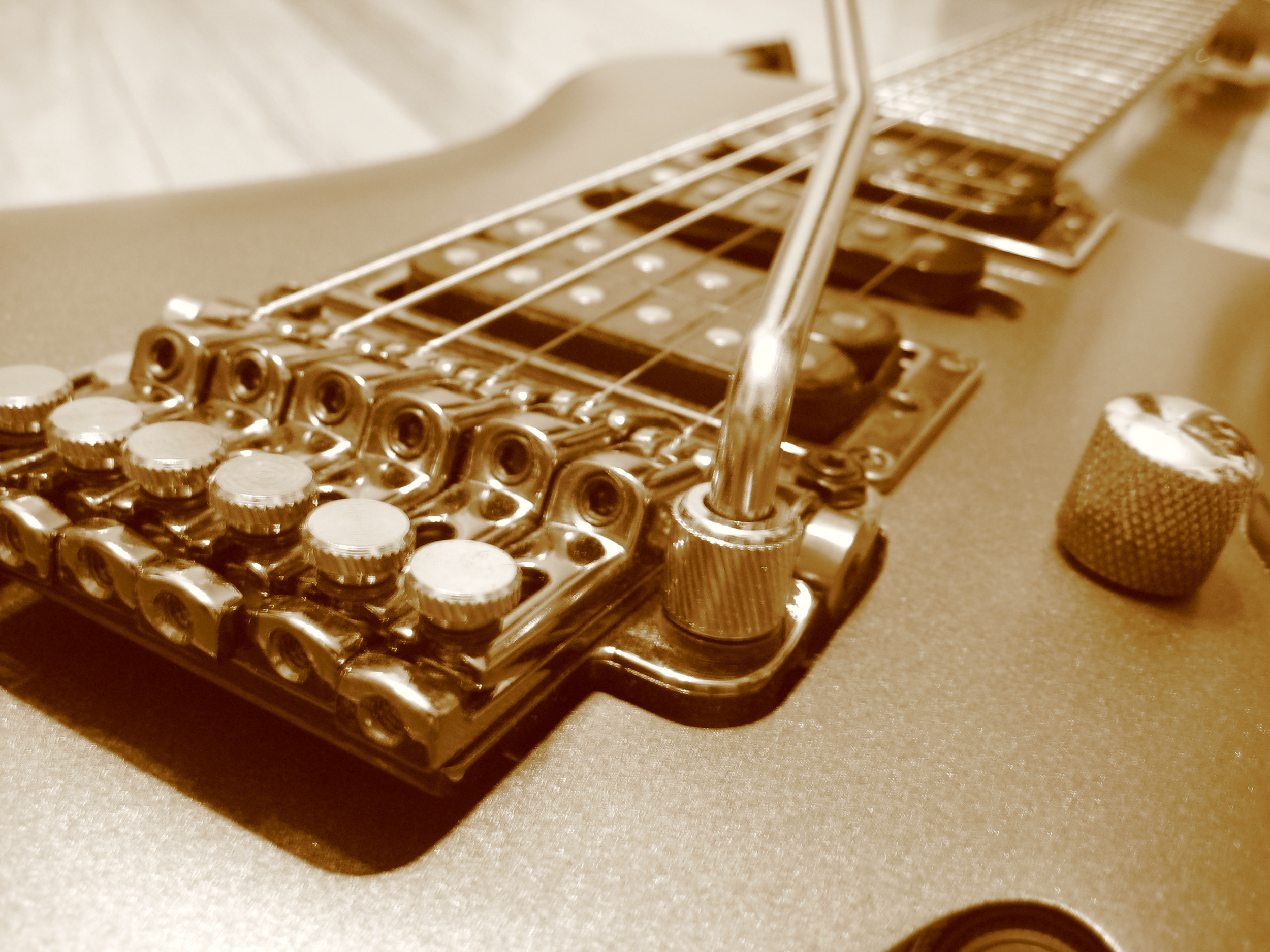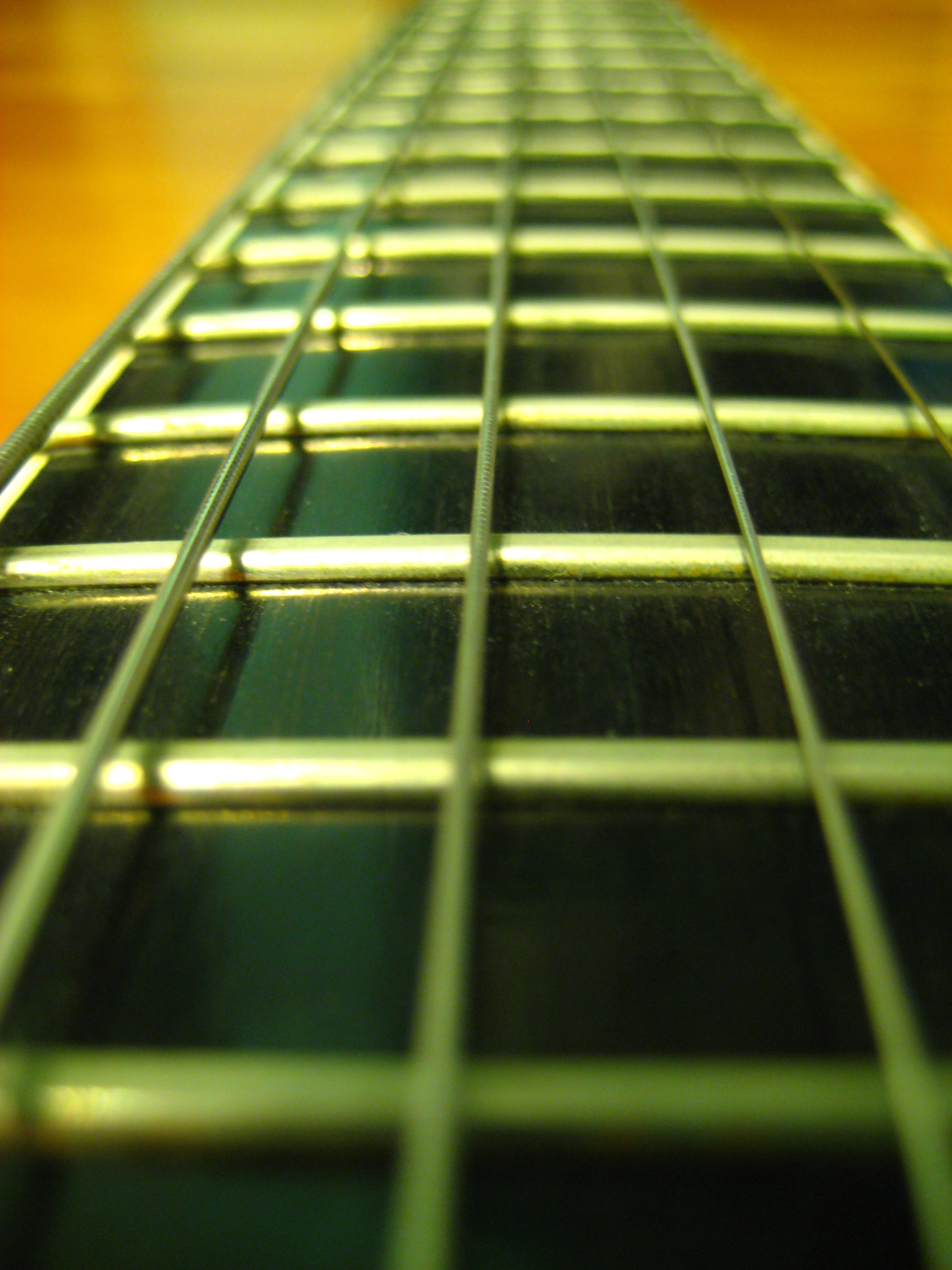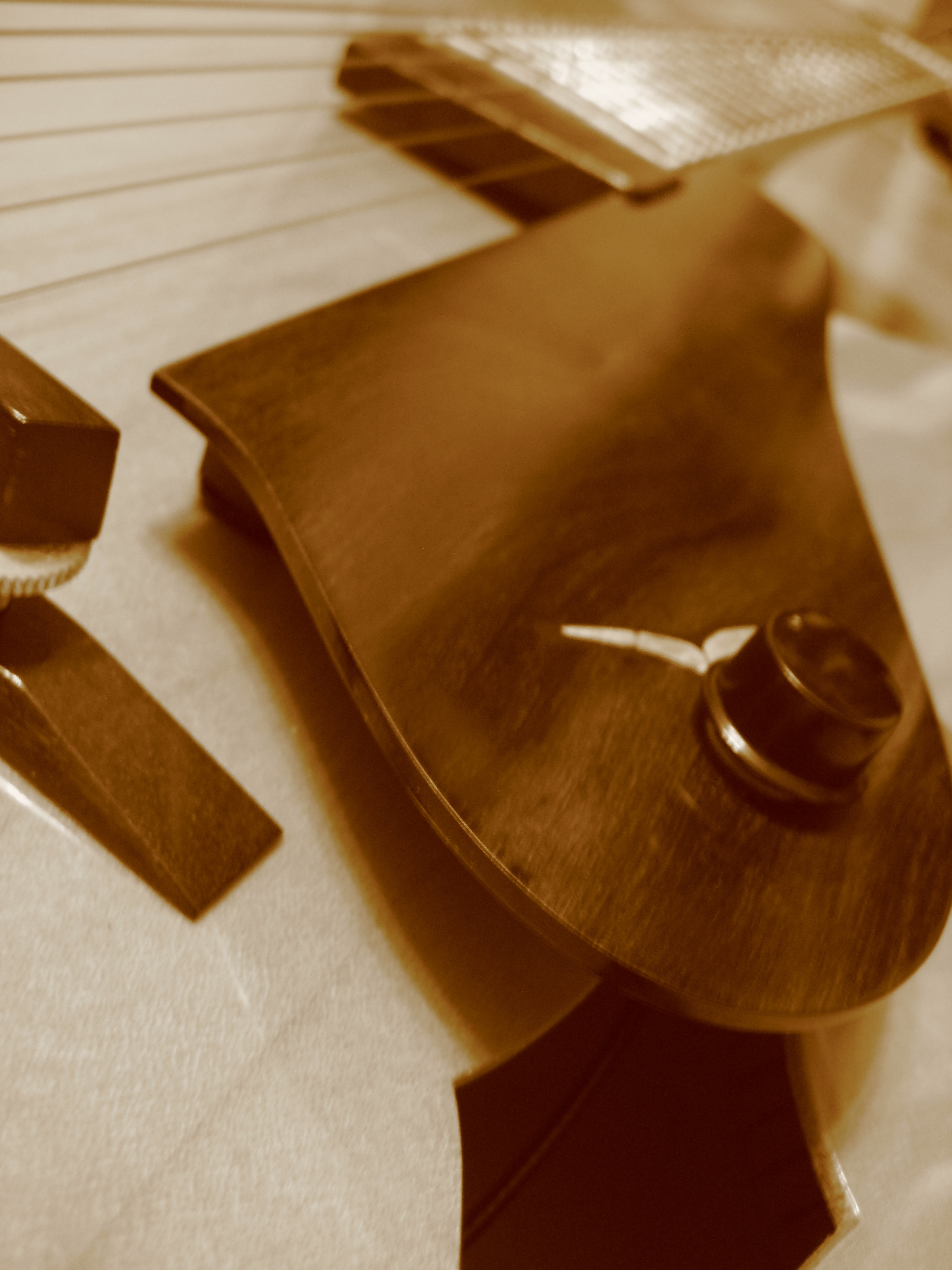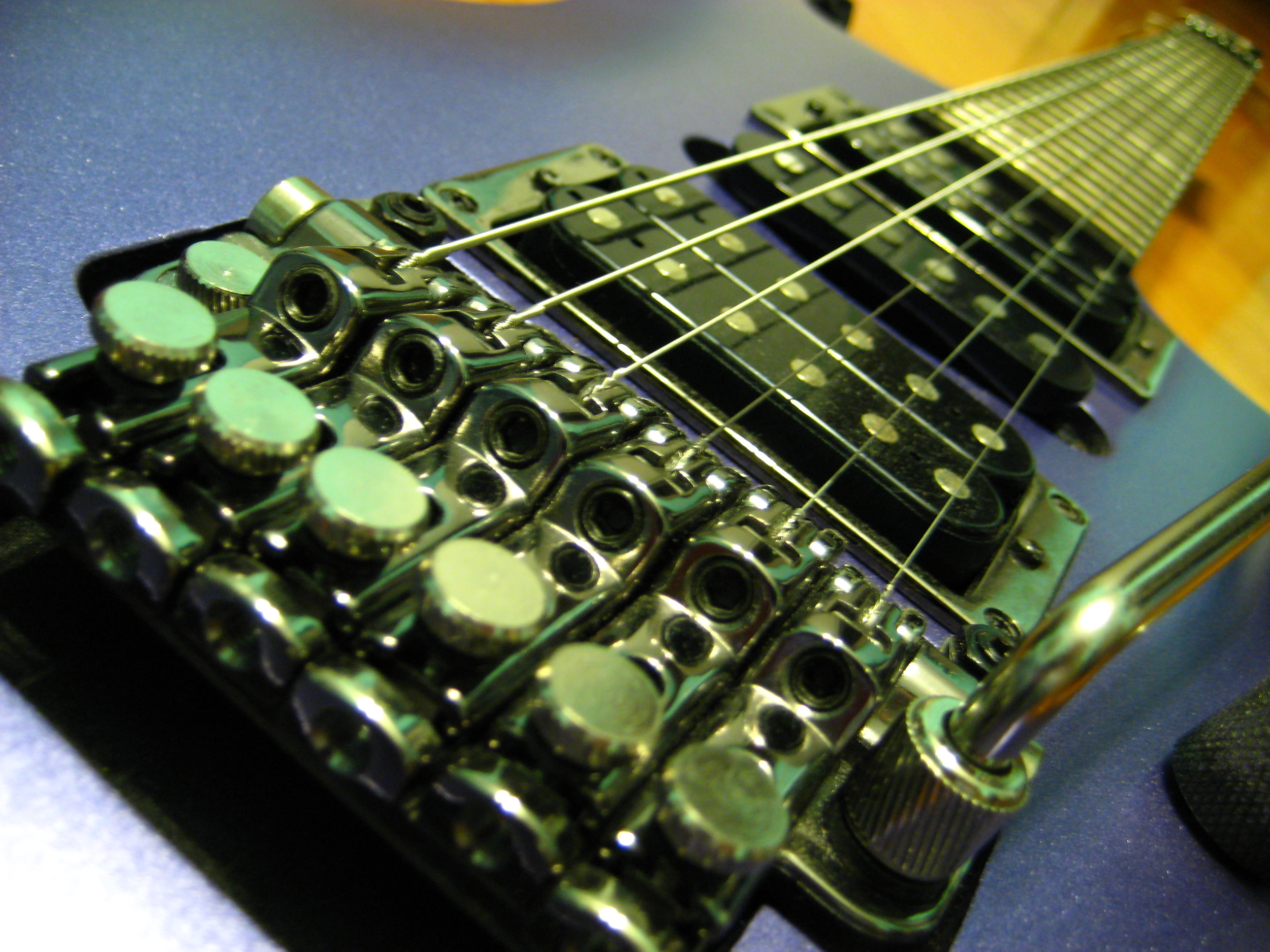One of my favorite topics to discuss with guitarists is what to practice. Because of the stylistic flexibility of the guitar, the list of stuff to practice can be mind blowing! So, in this week’s post I thought I’d offer a bit of advice and a good outline for anyone who’d like to make some improvements to his or her practice plan.
This reminds me of the Chinese proverb:
“Give a man a fish and you feed him for a day. Teach a man to fish and you feed him for a lifetime.”
So, if you can learn how to figure out what you should be practicing — you set yourself up for a lifetime of steady improvement. Just sayin’…
What do we practice?
In my experience as a player and teacher, I have seen the most improvement from those who focus on several key areas.
- Technique
- Repertoire
- Sight-Reading
- Composition/Arranging
- Improvisation
1: Technique/Warm-up
Everyone needs a good warm-up. Guitar playing can be really taxing on the hands, wrists, and fingers – an effective warm-up routine can get you ready to play and help avoid injury. Besides, your warm-up routine can help you improve your technique. Who wouldn’t like better tone, intonation, accuracy and articulation?
These are the types of things you should be practicing during this section.
- Scales
- Patterns
- Chord shapes
- Rhythmic exercises
2: Repertoire
It’s important to have some songs to play. Whichever style you choose to play—you need to know tunes. Having a repertoire of songs will give you more opportunities to play with others.
What’s in a song? Easy! Just a few main parts:
- Melody
- Chords
- Lyrics (if there are any)
- Form
3: Sight-reading
I know, I know, probably not your favorite subject. Reading music can give you so much more than just a hard time! (Kidding…) It’s an invaluable tool that allows you to communicate written music to other musicians. Tablature is just not understood by anyone else. It doesn’t take long to develop and once it’s there you’ll realize how much more music there is to explore!
You can develop you sight-reading chops by concentrating on few things separately.
- Notes
- Rhythms
Of course, in order to transfer the notes from the page to the guitar—you need to know your notes on the neck!
4: Composition/arranging
Composition and arranging are powerful tools when it comes to developing your own sound. Composition is a way of documenting the musical thoughts or feelings at a specific time in a composer’s career. Arranging is a way of interpreting a composition to fit a desired mood, orchestration, rhythmic feel, etc. These concepts go hand-in-hand. Here’s some tips to get you started:
Compose/arrange something everyday. It doesn’t need to be long. Just try to make it a complete musical thought. A four to eight measure daily goal would be a great way to keep this section of your practice in shape.
What to Compose...
- Single-line melody
- Bass vamp
- Chord progression
Whatever you do – document it somehow. Try a recorder (like the one in your laptop?) or maybe even start to write down your ideas using notation. It won’t take long until you get the hang of it!
5: Improvisation
Improvisation, jamming, soloing….whatever you want to call it – it’s crucial to our education. Think of it as spontaneous composition. Making it up as you go along. Some improvisation has structure and parameters to guide you and some improvisation is completely open to choice. You should practice improvising on your guitar and sometimes --(probably more often than you realize) just use your voice – yes, sing!
In this section, you can practice improvising in various ways. A really effective way to practice improvisation is to practice playing over different chords:
- Static chords (one chord at a time)
- Isolated chord progressions (I, IV, V or ii, V, I, etc.)
- Repertoire tunes
- Free improvising (throw caution to the wind!)
By concentrating on these key areas of your playing, your practice sessions will be become more effective. I won’t lie, this takes discipline. But the rewards are well worth the effort.
One of my favorite apps for practicing improvisation is the iReal B app. Click here to check it out.
Do you do anything different? Feel free to post a comment or ask a question about your own practice regimen.
Happy practicing!
